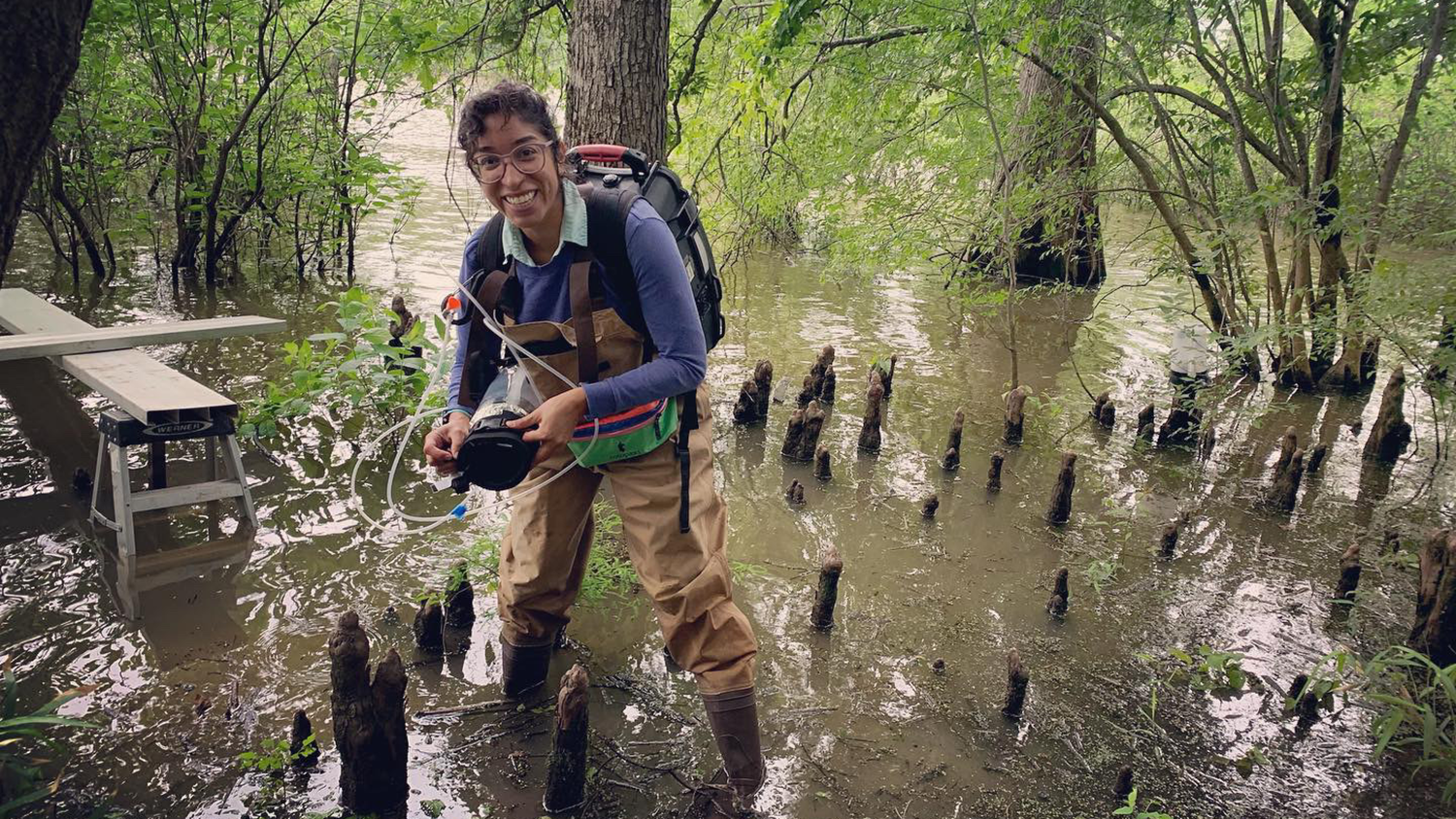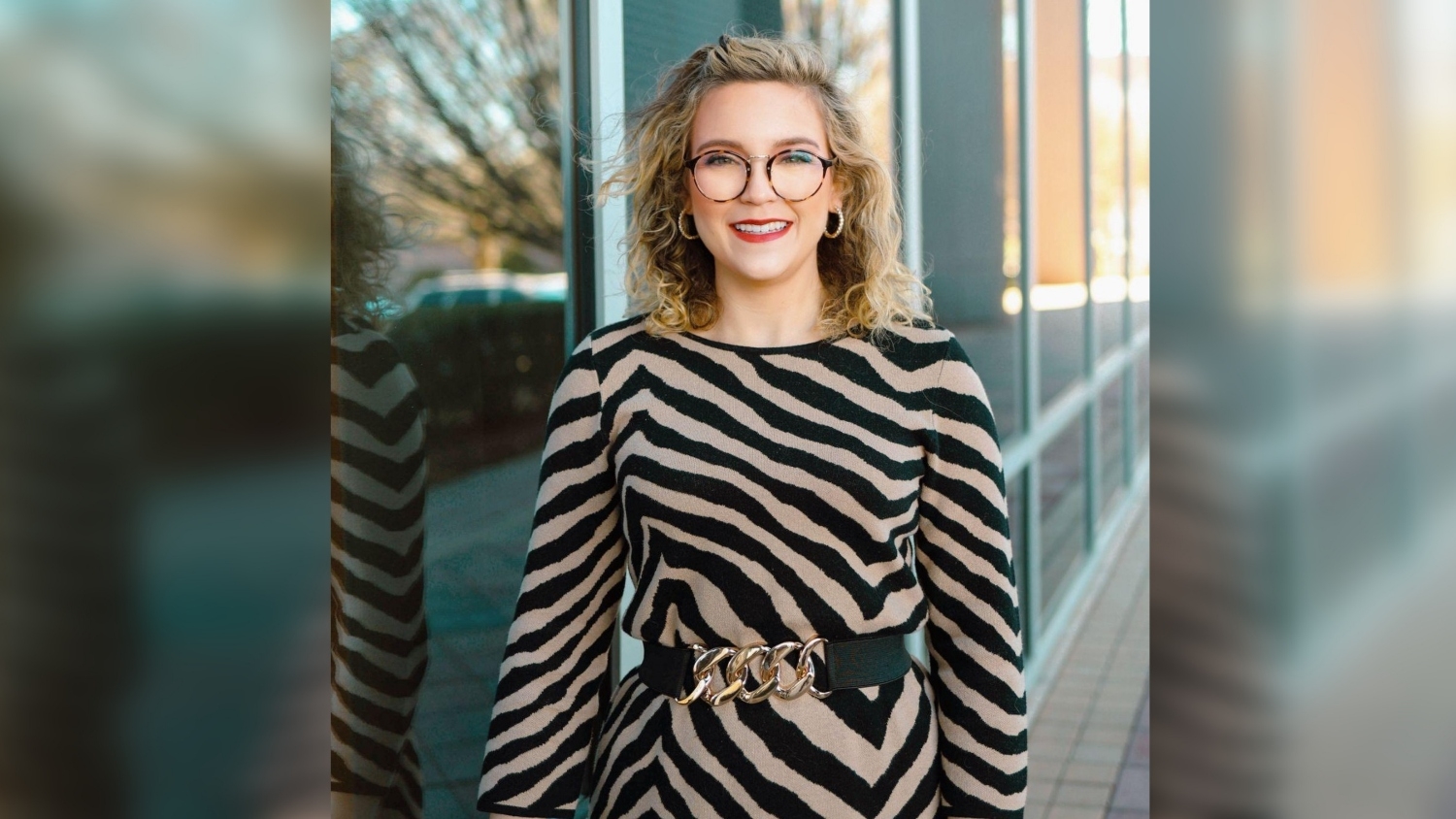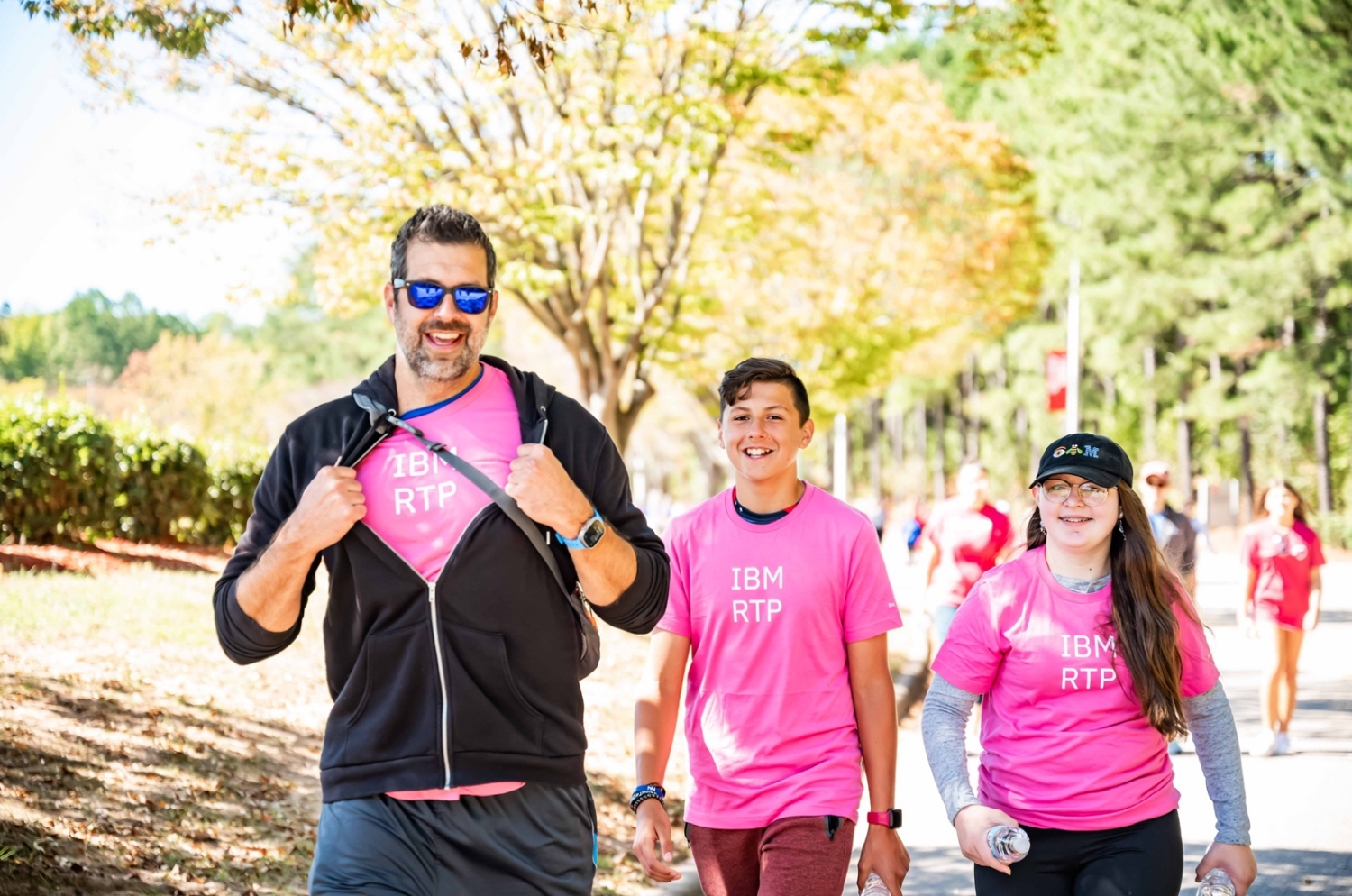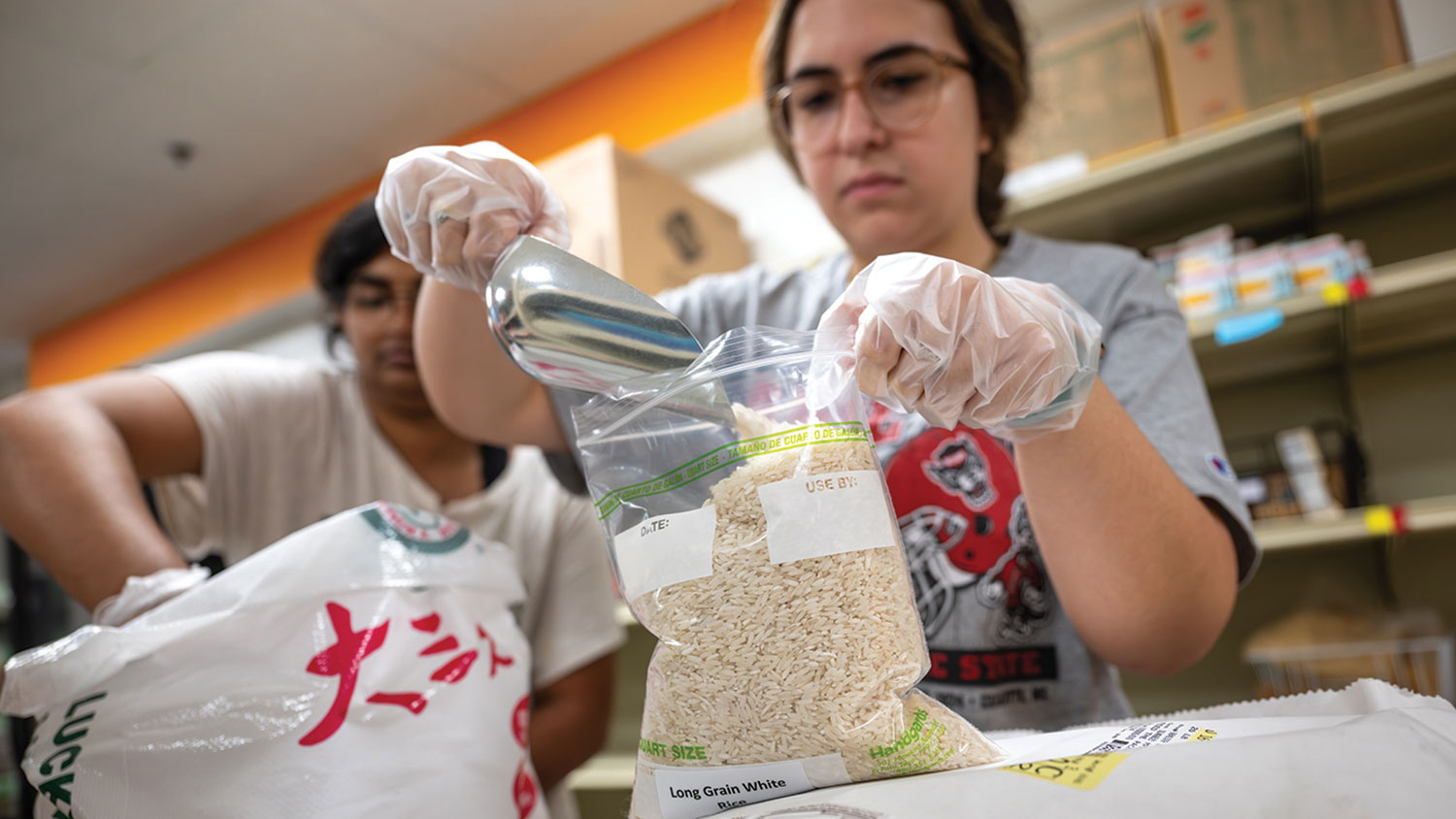During her four years as a doctoral candidate at NC State, Melinda Martinez ‘21 trekked across coastal North Carolina to study the spread of “ghost forests” — a term used to describe areas of dead trees — due to sea level rise.
Now Martinez’s efforts have earned her the distinction of being named the recipient of the Elizabeth Sulzman Award by the Biogeosciences Section of the Ecological Society of America. The award recognizes graduate research that’s published within two years of graduation.
Martinez, who now holds a Ph.D. in forestry and environmental resources, received the award for her study, “Drivers of greenhouse gas emissions from standing dead trees in ghost forests,” published in the journal Biogeochemistry in May 2021.
In the study, Martinez and her advisor, Marcelo Ardón, compared the quantity and type of emissions from dead tree stems to emissions from the soil, discovering that the stems increased emissions of the overall ecosystem by about 25%.
“Our study shows that it is important to incorporate greenhouse gasses from standing dead trees, especially since there have been more areas experiencing forest dieback in freshwater forested wetlands across the southeastern United States,” Martinez said.
Martinez added that it’s an honor to be recognized by the Ecological Society of America, acknowledging the life and contributions of the late Elizabeth Sulzman, who was an associate professor in the Department of Crop and Soil Science at Oregon State University.
“I’ve read about Dr. Sulzman, and how amazing she was and a great role model,” Martinez said. “I can only hope that it would be a paper Dr. Sulzman would love to read.”
Since graduating from NC State, Martinez has begun a two-year post-doctoral research position with the U.S. Geological Survey’s Wetland and Aquatic Research Center in Lafayette, Louisiana through the Mendenhall Research Fellowship Program.
The Mendenhall Research Fellowship Program, which was established in 2001, aims to provide participants with “research experiences that enhance their scientific stature and credentials.” Martinez’s research focuses on coastal wetland resilience to extreme disturbances, such as freezes, hurricanes, flooding, and drought.
We recently spoke with Martinez about her interest in natural resources management and how the College of Natural Resources prepared her for the Mendenhall Research Fellowship Program. Check out the Q&A below to learn more.
What sparked your interest in studying natural resources?
Martinez: I know most people’s interest in natural resources stem from childhood experiences, but I grew up in a poorer community near downtown Dallas, Texas … My love and passion for coastal ecosystems really began when I was an undergraduate student studying abroad doing fieldwork in Akumal, Mexico. I was studying seagrass in order to estimate the carrying capacity of sea turtles for the bay area.
Why did you choose the Forestry and Environmental Resources program for your graduate studies?
Martinez: When I was interviewing for the Ph.D. position, I was blown away by the effort that my potential advisor, Dr. Marcelo Ardón, had made for me to meet many people, but also have a good time. Everyone I spoke to had nothing but good things to say about him and how he mentors his students. And for me, having great mentorship was the most important aspect in deciding whether or not to pursue a Ph.D.
How would you describe your experience as a student at the College of Natural Resources?
Martinez: Doing a Ph.D. can be a struggle for anyone and can feel isolating at times, especially being away from family for so long, at least for me. I had an amazing group of graduate student friends that helped me in so many ways I can’t even describe. I was able to make these amazing friends because of the camping trips that Sarah Slover, the graduate program coordinator, organized every year.
What are you currently studying as part of your fellowship with the U.S. Geological Survey?
Martinez: I am currently assessing the damages to black mangroves from the extreme freeze that occurred last February 2021. I continue to use remote sensing for time series analysis, but also have a smaller project looking at methane emissions from various cypress knees along the Mississippi River floodplain.
Why is your work with the U.S. Geological Survey important?
Martinez: It’s important to study extreme events because as the climate changes we expect them to become more frequent in the future. Coastal wetlands are on the frontline of many disturbances such as hurricanes and storm surge flooding and are often the main form of protection for the mainland communities. We need to understand how their resilience changes from extreme events because it will affect their ability to protect coastal communities and vital infrastructure.
This post was originally published in College of Natural Resources News.
- Categories:



